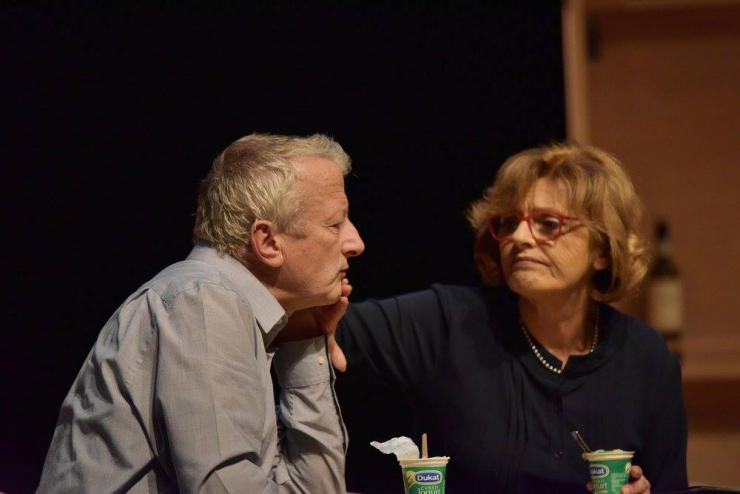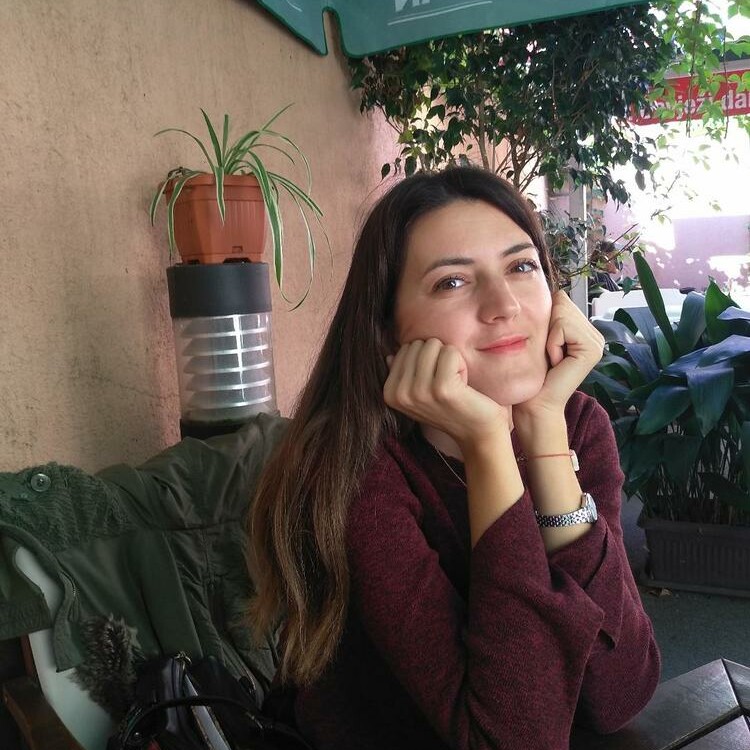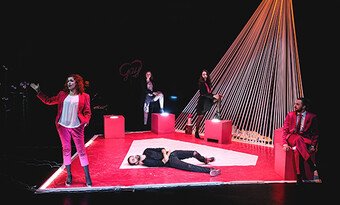Contemporary Croatian Playwrights
More Drama
For years I have listened to Croatian playwrights talk about the difficulties of staging new plays; about how rare it is for a new piece, despite winning all the national awards, to be produced, as our cultural policies work against them. The cultural policies within the EU encompass government actions, laws, and programs that regulate, protect, encourage, and support—financially or otherwise—activities related to the arts and creative sectors. These include scholarships, seminars, and residential programs, and while we have them for certain writers, we do not have them for playwrights.
Playwright Ivor Martinić emphasizes the lack of financial support for a piece he is working on, as well as a general lack of interest for new writing. He argues for a financial system that supports emerging authors, naming artists who have already found their way and voices abroad, with help from awards, such as Susan Blackburn Prize winner Tena Štivičić in London or Ivana Sajko in Germany. Nina Mitrović believes the problem is ignoring new writings, arguing that Croatian theatres are mostly interested in advertising their classic and postmodern plays, rather than in finding new theatre voices—they are playing it safe. Consequently, new writings and plays are exceptions, while they should be common landscape of theatre culture, already visible on stages in the UK and Germany.
Young playwrights are at a crossroads—they can keep working hard and hoping their situation will change, or they can try their luck elsewhere.
Croatian play development culture is completely different than the American model, and is far from empowering new playwrights to produce their work. Our theatres and theatremakers mostly squeeze money from public resources. That financial policy puts plays on stage, full of no-stress consumerism and respectful media coverage. Even before its premiere, a play is already a hit in social media and in the daily press. When it comes to the playwrights, their success usually relies on the national annual Marin Držić Award for best new piece of writing, on a theatre that decides to stage their piece, on public and city council financial support, or the safe position of “in house” writers. However, winning a national award doesn’t guarantee the piece will be staged. On the contrary, as far as I can remember, playwrights of a younger generation Kristina Gavran and Dino Pešut were among the lucky exceptions whose awarded pieces were staged in Zagreb Youth Theatre (ZeKaeM).
There are no extensive play development programs. Young playwrights are at a crossroads—they can keep working hard and hoping their situation will change, or they can try their luck elsewhere. The danger of this crossroads position is that genuine talent could be missed because of little or no effort in development programs and lack of opportunities to generate new ideas. Theatres should work closely with playwrights. When new plays are produced, the result is usually below average, and disrespectful towards the text. And since our plays run in annual seasons, a piece can rarely hold on for two. Ivor Martinić’s A Play about Mirjana (Drama o Mirjani i ovima oko nje), which premiered in 2010 at the Croatian National Theatre in Zagreb, is a prime example of how a good piece of writing needs an even better production to bring it to life—and that one was far from it. The same year, the same piece was staged at The Yugoslav Drama Theatre in Belgrade. That was seven years ago, and it’s still being performed. How odd is that?
I could say we do have the infrastructure in place to create and possibly develop pieces—although we are far from a perfect financial and awarding system—but we lack the structure and support to stage them. Theatre culture is built on staging new writings—that is the only way for playwrights to learn how their pieces work on stage. In 2015, for the first time, new work has overtaken revivals of old plays in the UK. In the 2016/17 Croatian season things are—I say this in a carefully optimistic manner—getting better for drama on stage. Small, private theatre Moruzgva produced Nina Mitrović’s new piece How’s Life (Kako život), Croatian National Theatre in Zagreb produced Mate Matišić’s People of Wax (Ljudi od voska), and ZeKaeM produced Ivan Vidić’s Night Life (Noćni život).

I don't want to see playwrights who think that writing is a career; I want playwrights who see writing as a creed. I want to see plays that have earned their place on stage. We shouldn't be pitching to theatres, we should be saying “this is the play I need to write more than anything in the world, and if I'm going to die tomorrow it is the last thing I want to say to the world.
Certainly, Croatian playwrights are far from industry-driven thinking of writing as a career. In my opinion, they still find their writing as a calling, trying for something that has perhaps never been done or discussed in theatre, or that others have tried and failed—they are unique and want their voices to be heard. In this blog, I have tried to present contemporary Croatian writers in their thirties, forties, and fifties who I find unique, and who have broken boundaries in Croatian theatre, such as Ivan Vidić, Elvis Bošnjak, Dubravko Mihanović, Tena Štivičić, Nina Mitrović, and Ivor Martinić. These are writers who nurture the craft and feel the beat of our time.









Comments
The article is just the start of the conversation—we want to know what you think about this subject, too! HowlRound is a space for knowledge-sharing, and we welcome spirited, thoughtful, and on-topic dialogue. Find our full comments policy here